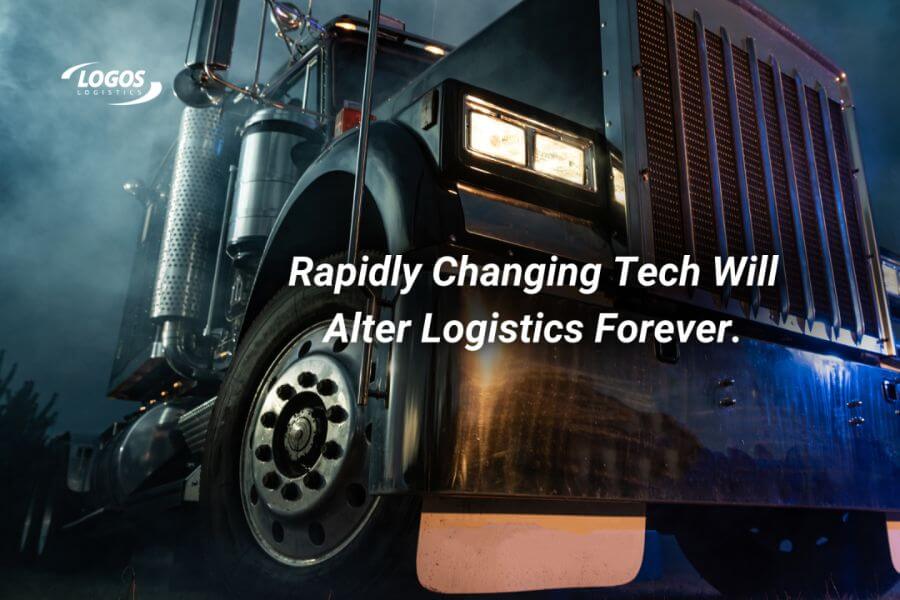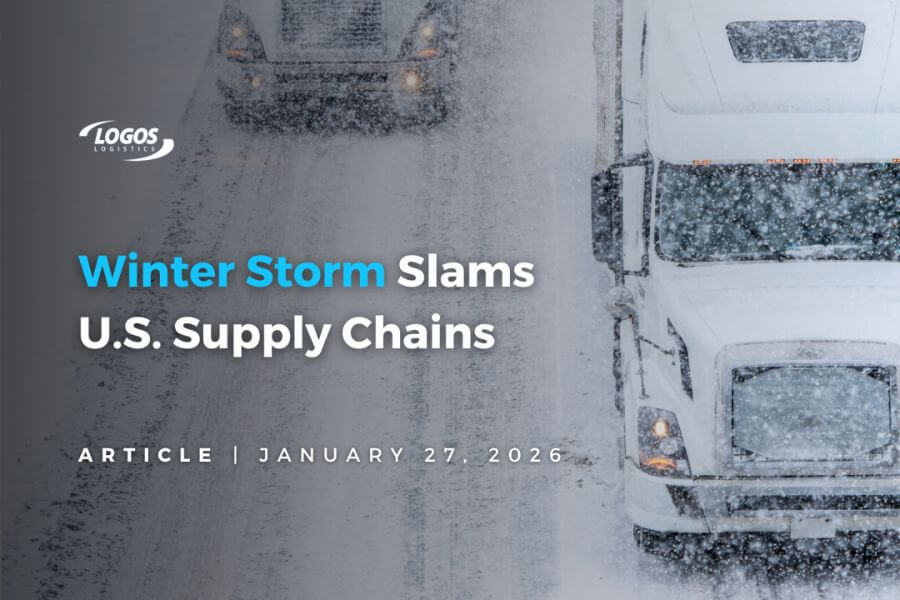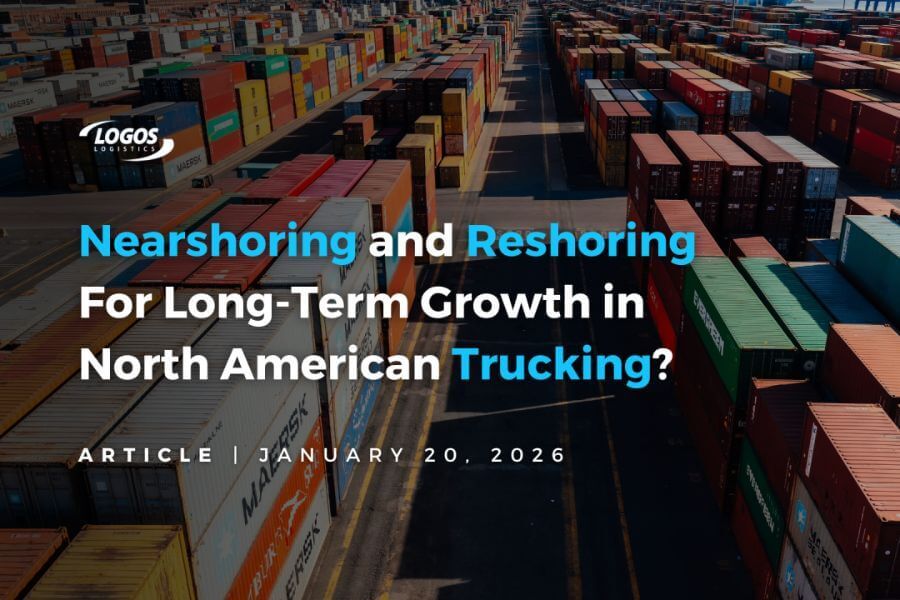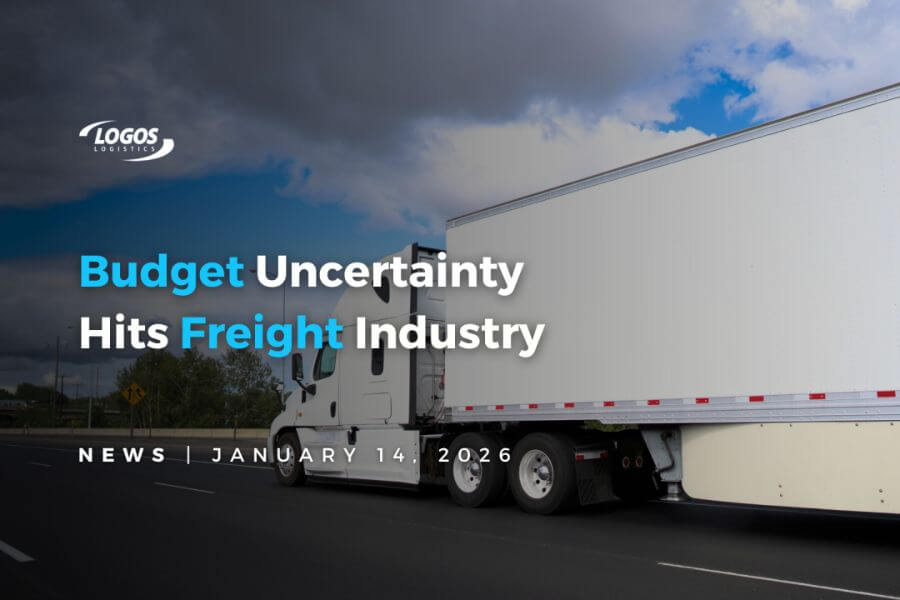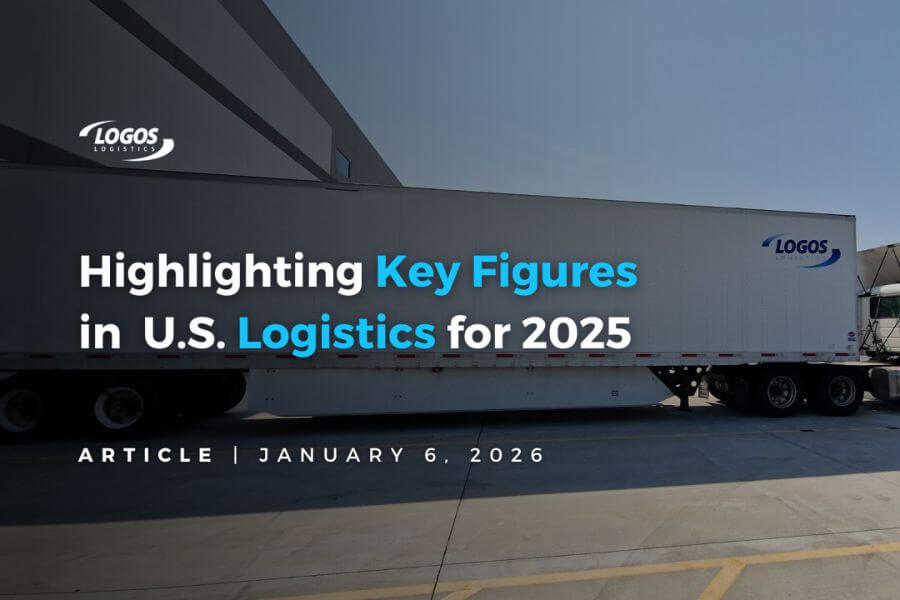The trucking and transportation logistics industry stands at the threshold of a technological revolution. Emerging technologies — ranging from autonomous vehicles to real-time data analytics — are ready to streamline operations, improve efficiency, and redefine the way goods move around the world.
As innovation accelerates, businesses that embrace these advancements will gain a crucial edge in an increasingly competitive landscape…
Smarter trucks, smarter roads
Autonomous vehicles and driver assistance
Autonomous trucks are no longer science fiction—they’re becoming a real part of the supply chain. While fully self-driving trucks are still in development, semi-autonomous technologies like adaptive cruise control, lane-keeping assistance, and automated braking are already enhancing driver safety and reducing fatigue.
In the near future, autonomous trucks could operate on long-haul routes, particularly across highways, allowing human drivers to focus on more complex urban deliveries. This could help alleviate the ongoing driver shortage, cut labor costs, and keep trucks on the road longer with minimal downtime.
Electric and hydrogen-powered vehicles
Sustainability is a top priority for the transportation sector. Electric trucks, led by companies like Tesla, Volvo, and Freightliner, are already being deployed for short-haul deliveries. Meanwhile, hydrogen-powered trucks are gaining traction for long-distance hauls due to faster refueling times and greater range.
These eco-friendly vehicles promise to reduce carbon footprints, lower fuel costs, and comply with stricter emissions regulations—all while improving public perception and customer loyalty.
Data is the new fuel
Real-time tracking and predictive analytics
IoT (Internet of Things) sensors and telematics devices are transforming trucks into data-rich platforms. Fleet managers can now monitor vehicle location, fuel consumption, maintenance needs, and even driver behavior in real time.
Combined with AI-driven predictive analytics, this data can forecast breakdowns before they happen, optimize delivery routes, reduce idle time, and enhance overall operational efficiency. The result? Lower costs, fewer delays, and happier customers.
Blockchain for transparent supply chains
Blockchain technology offers tamper-proof tracking of goods throughout the supply chain. This transparency helps reduce fraud, improve traceability for high-value or sensitive goods, and speed up customs processes with verifiable records.
For businesses, this means greater accountability, fewer disputes, and streamlined cross-border logistics.
Warehouse to wheel: Total integration
Smart warehousing and automated loading
Logistics is no longer just about the trucks—it’s about the entire flow from warehouse to delivery. Automated storage and retrieval systems (AS/RS), robotic palletizers, and AI-powered warehouse management systems (WMS) are making distribution centers more efficient than ever.
These technologies synchronize seamlessly with trucking operations, enabling faster loading/unloading, reduced human error, and more precise scheduling.
Digital freight matching and smart contracts
Apps and platforms that digitally match freight with available carriers are revolutionizing load booking. Think of it as Uber for freight—real-time, on-demand, and data-driven. Smart contracts built on blockchain technology can automatically execute payments once terms are met, eliminating delays and reducing paperwork.
Challenges and the road ahead
Adoption of these technologies won’t be without hurdles. Infrastructure upgrades, regulatory approval for autonomous vehicles, high initial investment costs, and workforce reskilling will be key challenges to address. However, as these technologies mature and scale, their benefits will outweigh the costs.
The future of trucking and transportation logistics is not just about moving goods—it’s about moving smarter. Technology is unlocking new levels of speed, precision, and sustainability across the supply chain. Companies that invest in innovation today will be the leaders of tomorrow, delivering goods—and growth—at a pace the world has never seen before.

